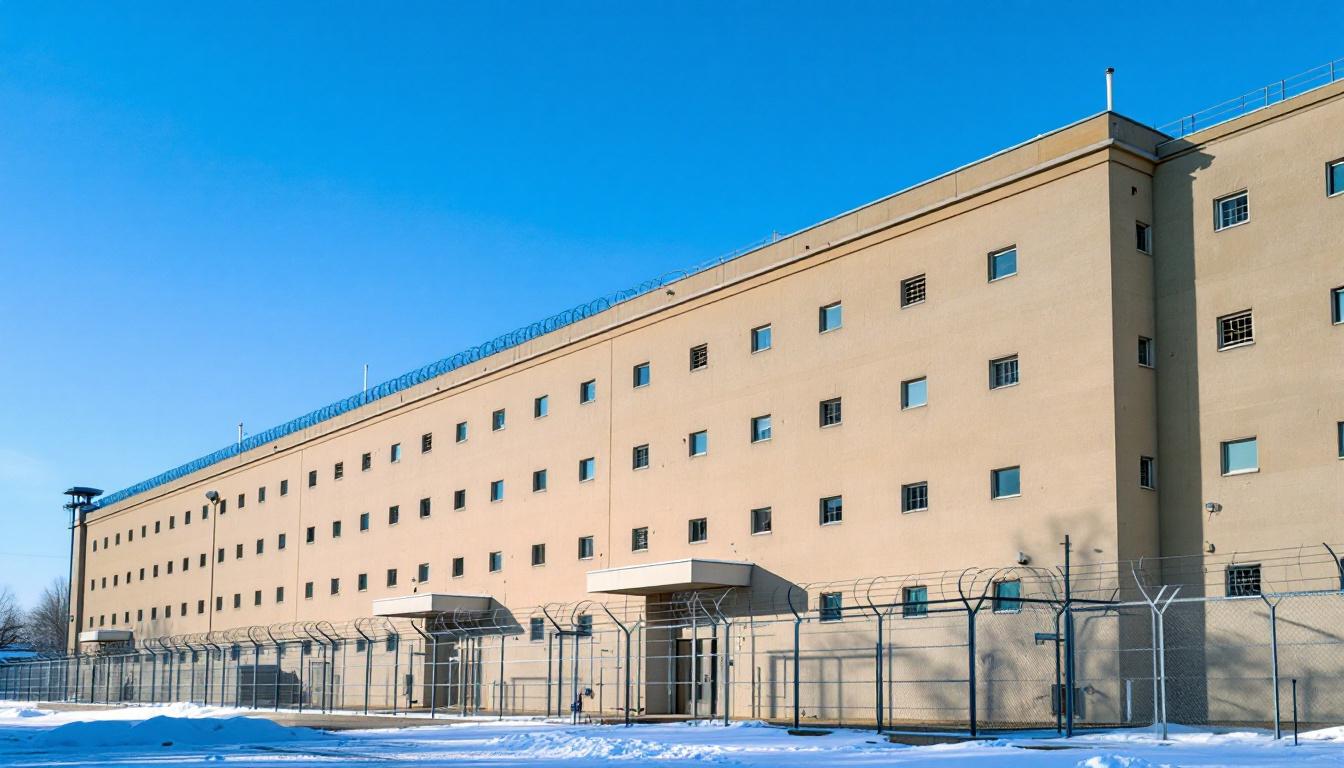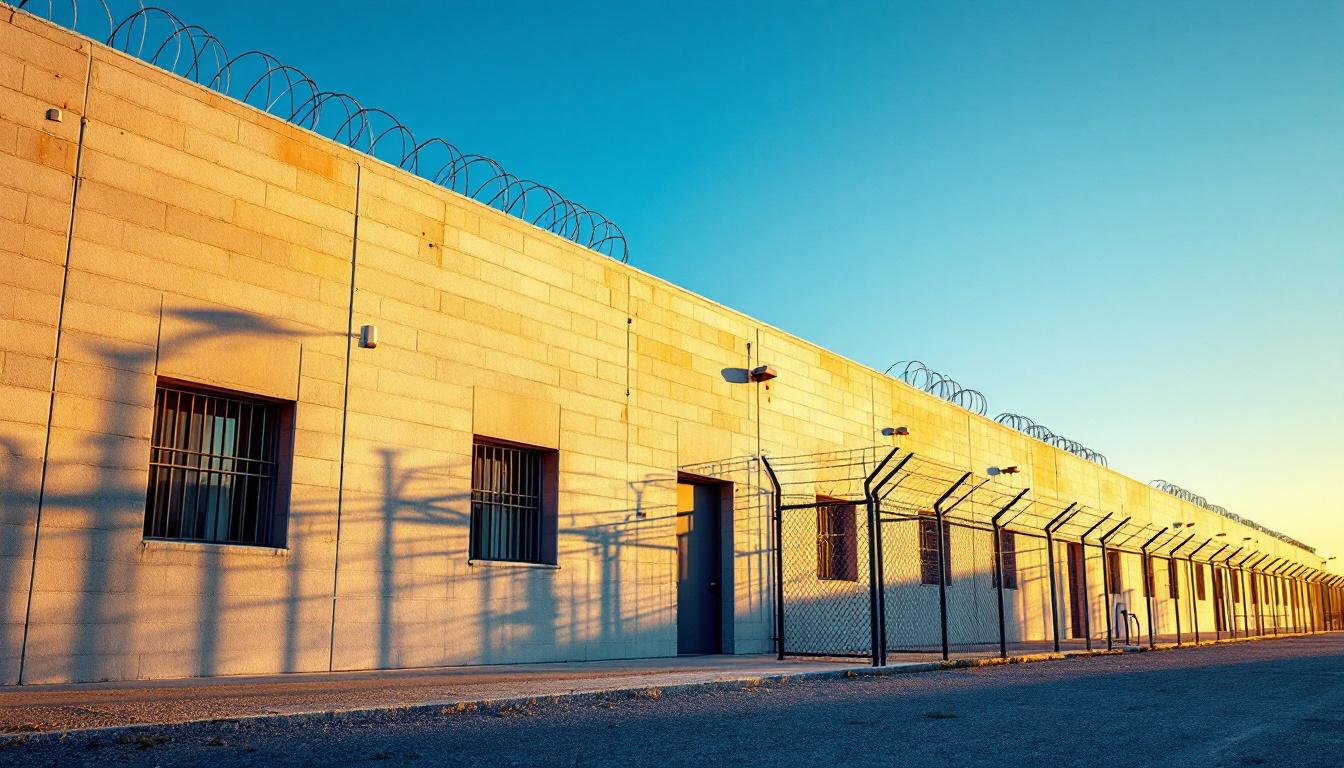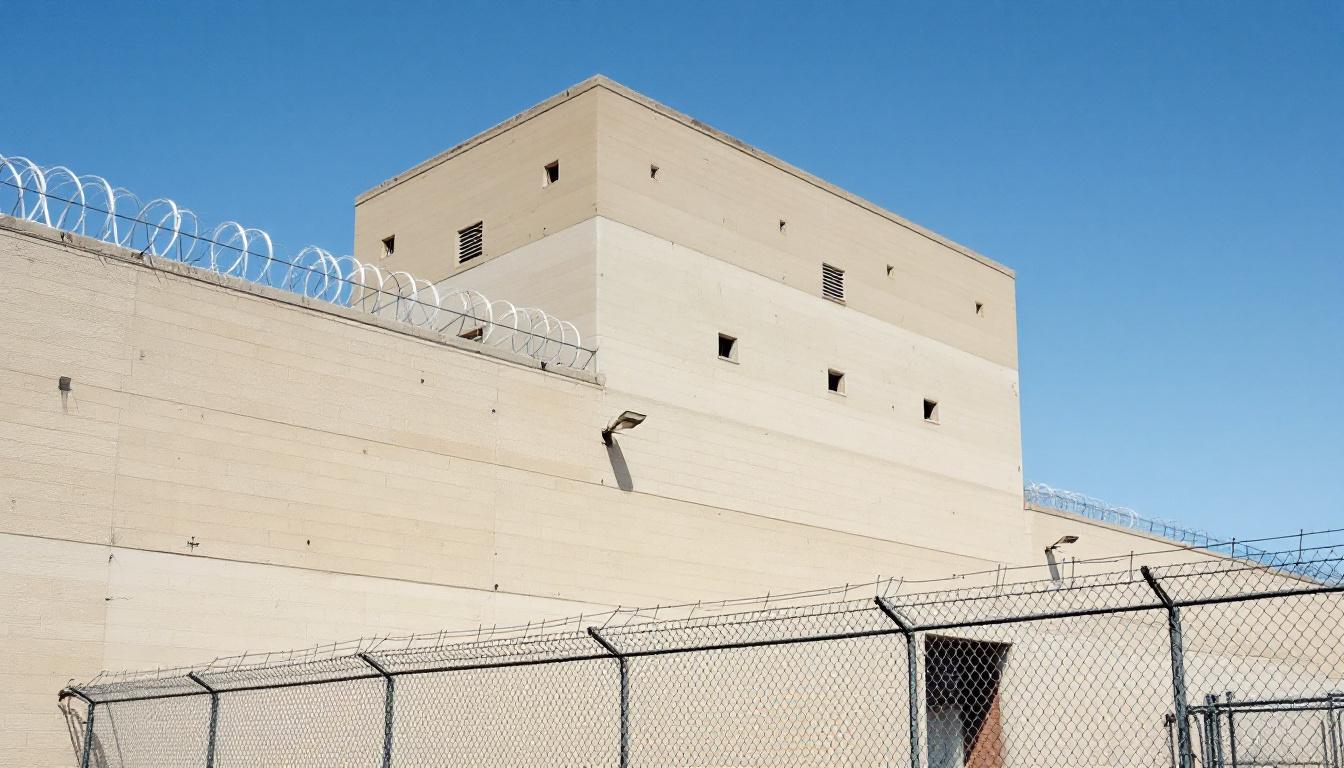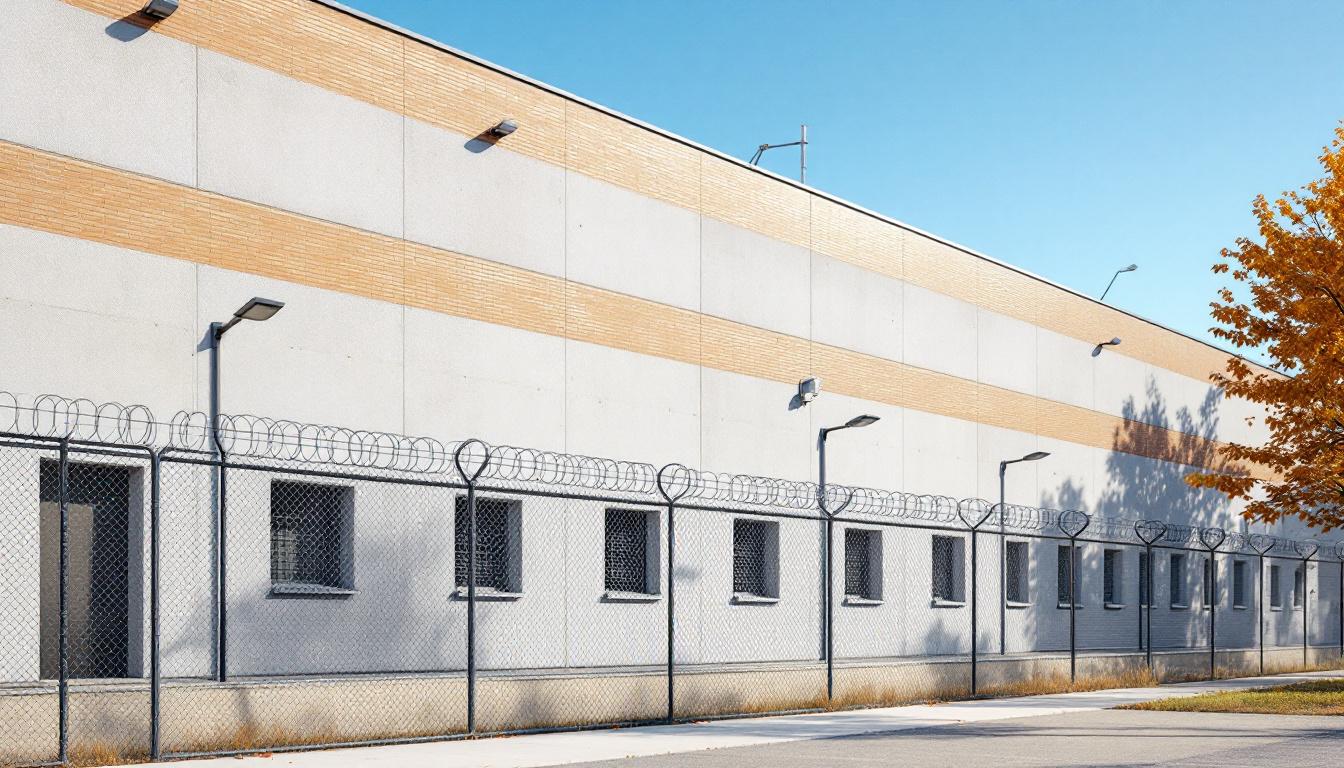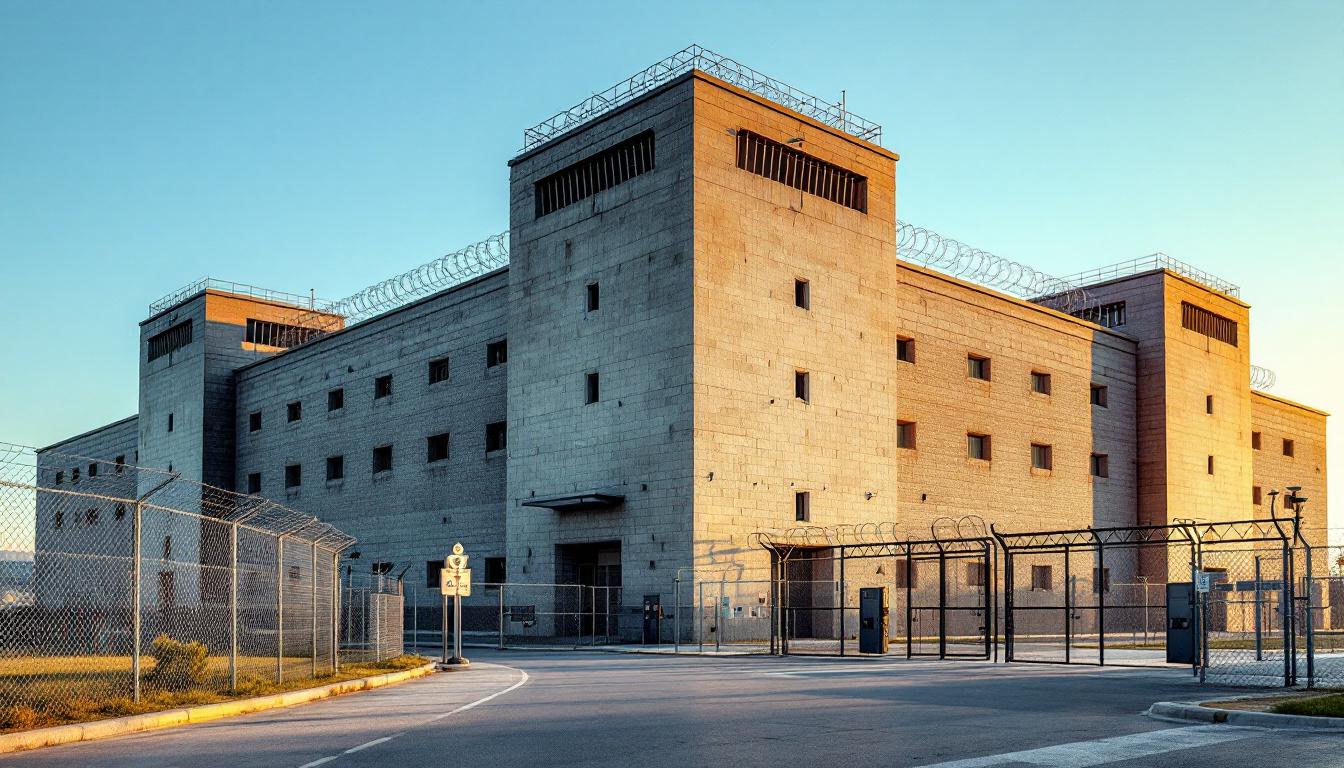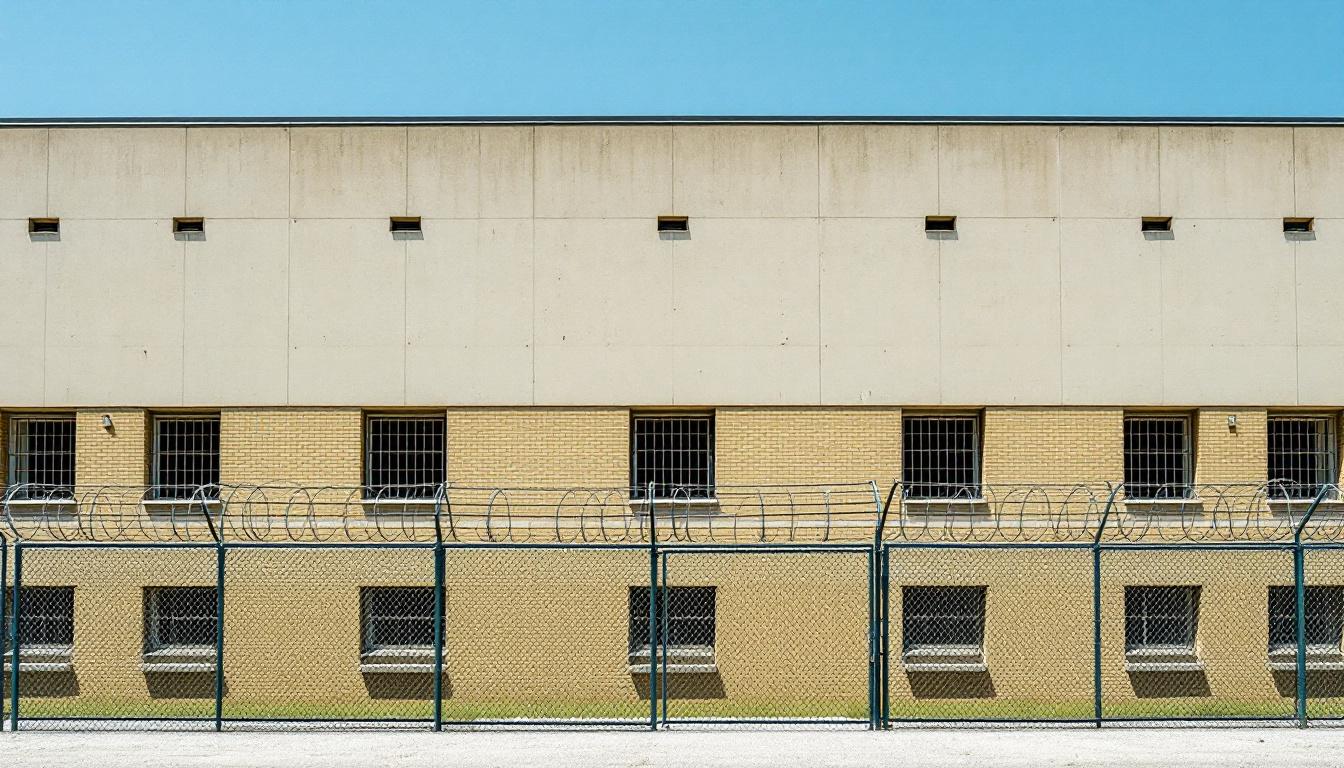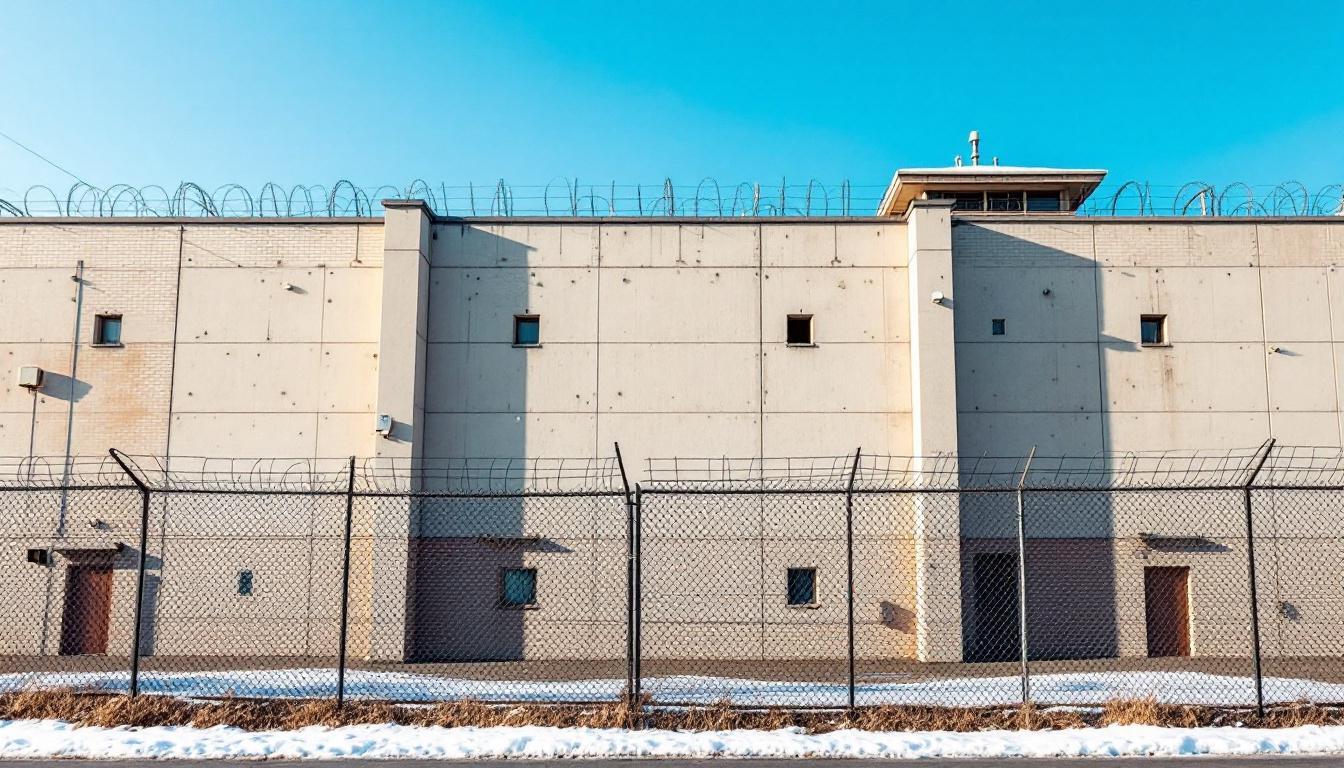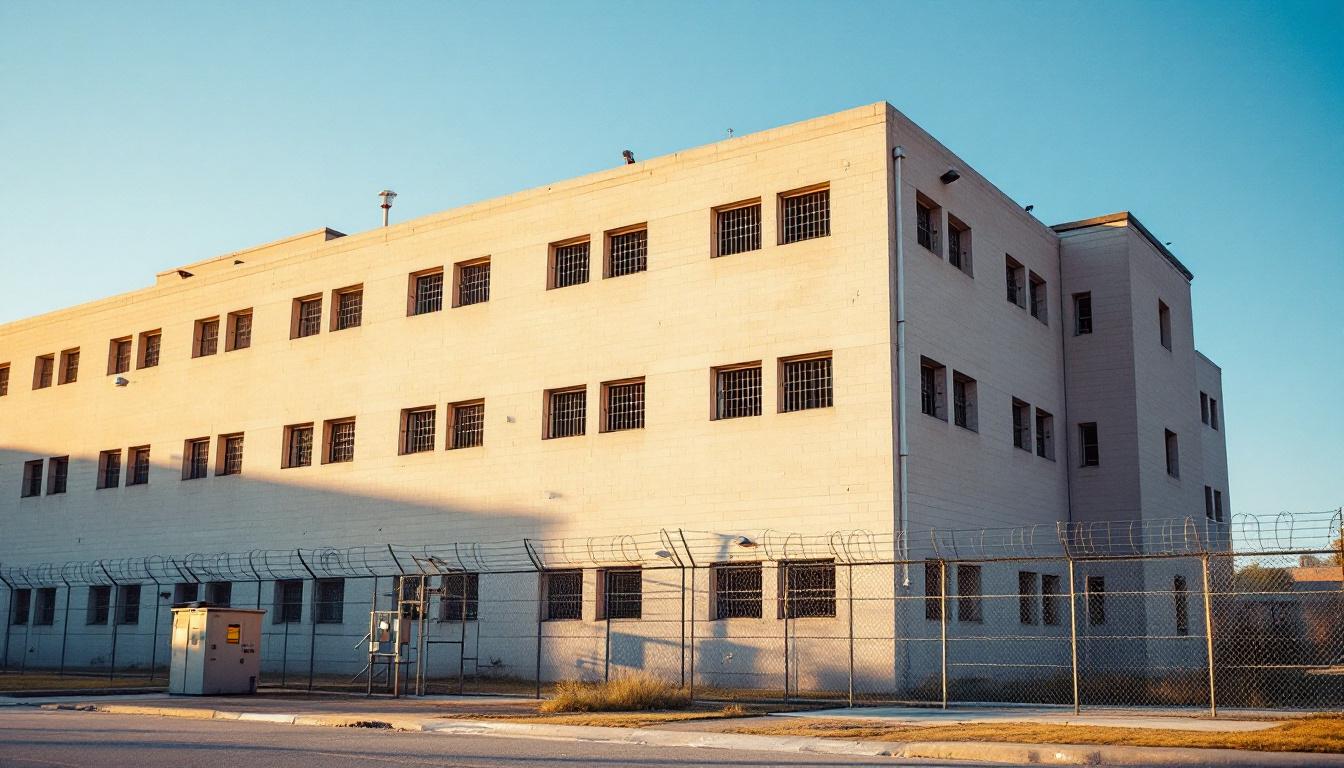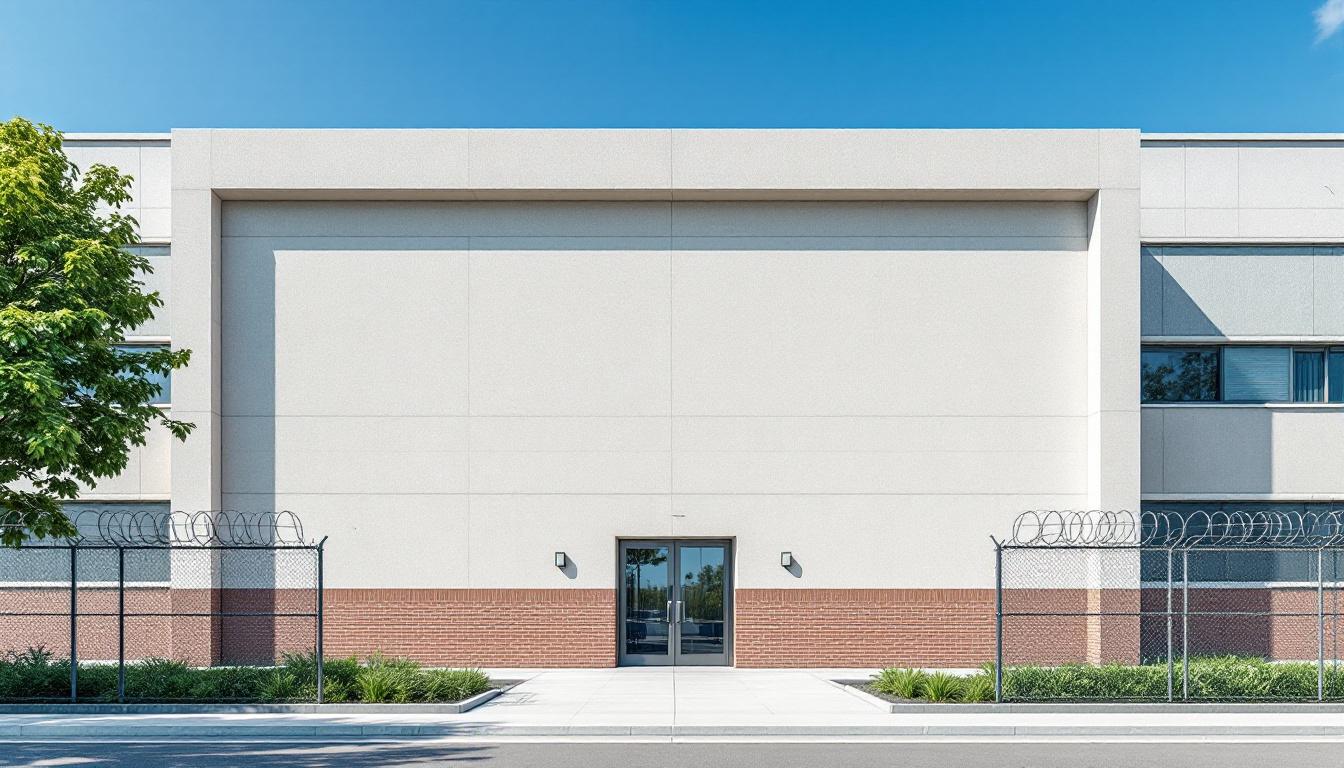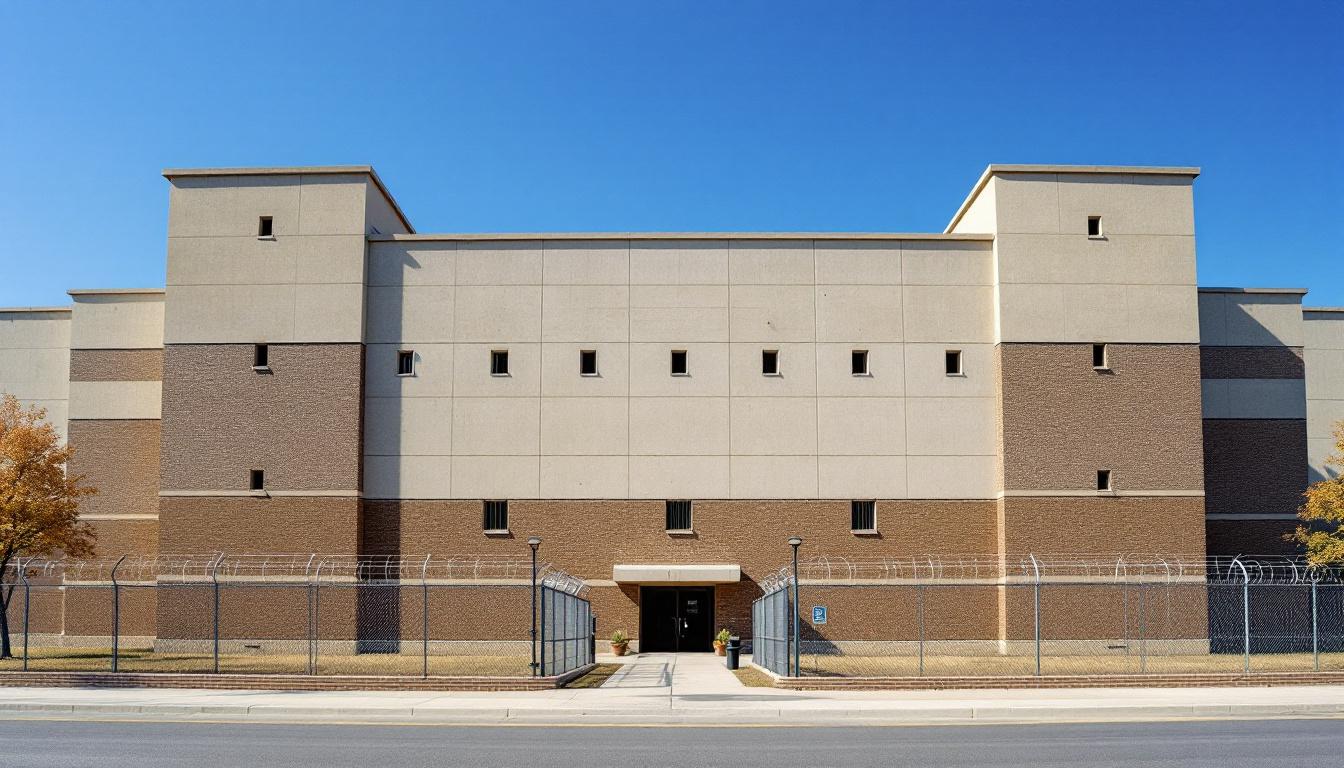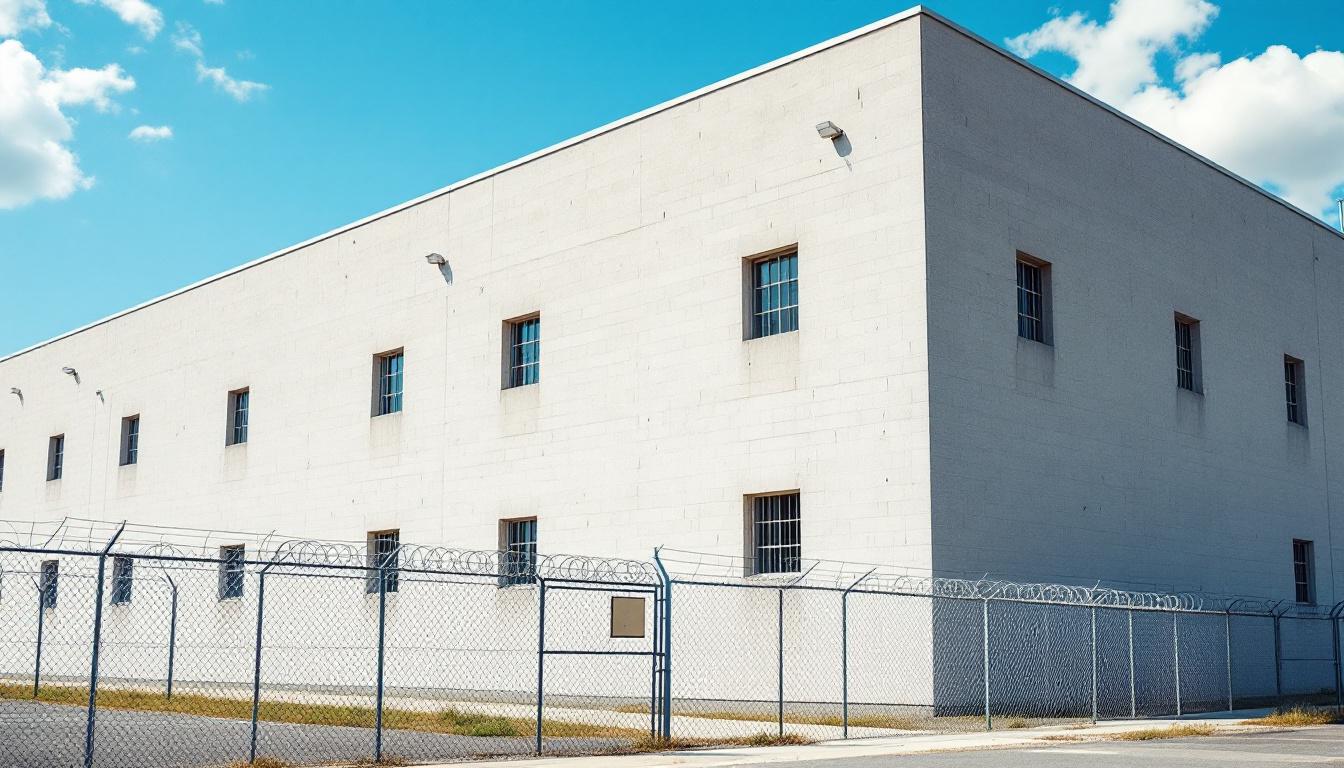
Quick Navigation
How to contact an inmate at Gwinnett County Sheriff-Civil
This comprehensive guide will walk you through how to connect with an inmate at Gwinnett County Sheriff-Civil. Follow the steps below to find an inmate and send letters and photos:
- Search for the inmate using our search tool below
- Create your account or log in to Penmate
- Write your message (up to 6,000 characters)
- Send instantly - inmates receive printed copies daily
Find an Inmate
Search for an inmate to start communicating today
Tip: You can search by first name, last name, or inmate ID number
To contact a person at Gwinnett County Sheriff-Civil start by searching for the person on the official facility website. Perform a search by following these steps:
- Step 1: Enter their first name and last name into the search form and click "Search"
- Step 2: Locate their inmate record
- Step 3: Write down their Inmate ID and any housing information provided
Important! Be sure to enter the person's full name. Nicknames should not be used.
How to Send Messages to Inmates

You can use your phone or computer to send emails, letters, and photos to an inmate. Messages are sent electronically to inmate tablets or kiosks at the facility. If you would like to send a message, start by searching for an inmate at Gwinnett County Sheriff-Civil.
Sending Photos and Postcards

A great way to send love and support to a loved one at Gwinnett County Sheriff-Civil is to send photos and postcards. It only takes a few minutes to send photos from your phone and it makes a huge difference. You can also mail postcards with words of support and inspiration, or design your own postcard for special moments like birthdays and holidays.
Important! Be sure not to send any explicit photos or they may not be approved by the facility. You can also use a photo printing app like Penmate to make sure your photos are printed at the correct size (4x6 or 3x5) and are mailed according to the rules and regulations of Gwinnett County Sheriff-Civil.
Frequently asked questions about Gwinnett County Sheriff-Civil
-
How long does it take to deliver a message?
If you're sending an email message your letter is usually delivered within 24-48 hours. For messages sent via mail you should expect delivery within 3-7 days. All messages will need be approved by Gwinnett County Sheriff-Civil.
-
How much does it cost to send a message to Gwinnett County Sheriff-Civil?
You can send a message free using your phone or mail a message via USPS for the price of a $0.60 stamp and envelope. You can also purchase credits or e-stamps from services starting at $1.99.
-
What services can I use to contact an inmate at Gwinnett County Sheriff-Civil?
Penmate
You can use Penmate to send letters and photos to an inmate from your phone. It's an easy way to stay in touch during your loved one's incarceration. Use the inmate locator to find an inmate's location and contact information, then you can send messages within a few minutes.
Securus messaging
Securus may be another option for communicating with an inmate at Gwinnett County Sheriff-Civil. You can create a friends and family account and purchase credits to send messages. All messages will be reviewed and must be approved by the facility.
JPay
Some county jails and state prisons may support sending messages with JPay. You must register an account with the system, find your loved one, and purchase stamps to send messages. For some locations you can also attach photos.
Smart Jail Mail
You may also check if Smart Jail Mail is available at Gwinnett County Sheriff-Civil. Smart Jail Mail is operated by Smart Communications and has contracted with some state and county jails. After purchasing credits, your messages and photos are sent to the facility, printed out, and then handed out to your loved one.
-
What is the mailing address of Gwinnett County Sheriff-Civil?
Mailing address:
Gwinnett County Sheriff-Civil
75 Langley Dr
Lawrenceville, GA 30046
Phone: (770) 822-8100 -
What are the visiting hours at Gwinnett County Sheriff-Civil?
Visiting hours at Gwinnett County Sheriff-Civil vary by housing unit and security level. Generally, visits are scheduled on weekends and holidays, with some facilities offering weekday visits. Contact the facility directly at (770) 822-8100 or check their website for the current visiting schedule. Visits typically last 30-60 minutes and must be scheduled in advance.
-
What items are prohibited when sending mail to Gwinnett County Sheriff-Civil?
Prohibited items typically include: cash, personal checks, stamps, stickers, glitter, glue, tape, staples, paperclips, polaroid photos, musical or blank greeting cards, hardcover books, magazines with staples, and any items containing metal or electronics. Only send letters on plain white paper with blue or black ink. Photos must be printed on regular photo paper (no Polaroids). Always check with Gwinnett County Sheriff-Civil for their specific mail policies.
-
How do I send money to an inmate at Gwinnett County Sheriff-Civil?
You can send money to an inmate at Gwinnett County Sheriff-Civil through several methods: 1) Online using JPay, Access Corrections, or the facility's approved vendor, 2) Money orders mailed directly to the facility with the inmate's name and ID number, 3) Kiosks located in the facility lobby, or 4) Over the phone using a credit or debit card. Fees vary by method, typically ranging from $2.95 to $11.95 per transaction.
-
Can I schedule a video visit with an inmate at Gwinnett County Sheriff-Civil?
Many facilities now offer video visitation as an alternative to in-person visits. At Gwinnett County Sheriff-Civil, video visits may be available through services like Penmate, Securus Video Connect, GTL, or ICSolutions. Video visits typically cost $10-20 for 20-30 minutes and must be scheduled in advance. You'll need a computer or smartphone with a camera and reliable internet connection. Contact the facility for their specific video visitation policies and approved vendors.
-
What identification do I need to visit an inmate at Gwinnett County Sheriff-Civil?
All visitors must present valid government-issued photo identification such as a driver's license, state ID, passport, or military ID. Minors must be accompanied by a parent or legal guardian who can provide the minor's birth certificate. Some facilities require visitors to be on the inmate's approved visitation list, which may require a background check. Contact Gwinnett County Sheriff-Civil for specific ID requirements and visitor approval procedures.
-
How can I find out an inmate's release date?
To find an inmate's release date at Gwinnett County Sheriff-Civil, you can: 1) Use the online inmate search tool if available, 2) Call the facility's records department, 3) Contact the inmate's case manager or counselor, or 4) Have the inmate provide this information during a call or visit. For privacy reasons, some facilities only release this information to immediate family members.
Facility Overview
Contact Information
Gwinnett County Sheriff-Civil75 Langley Dr
Lawrenceville, GA 30046
Phone: (770) 822-8100
Official Website

About Gwinnett County Sheriff-Civil
Community partnerships and evidence-based programming form the foundation of services provided by the Gwinett County Sheriff, GA, creating pathways for meaningful reintegration throughout the greater Atlanta metropolitan area. This GA correctional facility emphasizes collaborative approaches that connect individuals with local resources, educational opportunities, and support networks designed to address underlying factors that may contribute to recidivism. Working within Georgia’s broader correctional framework, the facility typically coordinates with community organizations, workforce development agencies, and social service providers to deliver comprehensive programming that extends beyond traditional incarceration.
Located in the dynamic Atlanta region, the facility serves as an integral component of the state’s correctional system while maintaining strong ties to local community infrastructure. The individuals services approach generally includes access to educational programming, vocational training opportunities, and behavioral health resources that reflect current research in correctional best practices. Staff members often work closely with community partners to ensure continuity of care and support as individuals prepare for reintegration into their communities.
The correctional facility’s commitment to evidence-based rehabilitation typically encompasses substance abuse treatment programs, mental health services, and life skills development initiatives that draw upon proven methodologies. Through partnerships with area organizations, the facility may offer job readiness training, family reunification support, and connections to housing assistance programs that serve the broader Atlanta community. These collaborative efforts generally focus on addressing the complex factors that influence successful reentry while maintaining public safety priorities throughout the region.
Programs & Services
A diverse array of development opportunities reflects the facility’s commitment to addressing the varied needs of individuals in custody. The Gwinnett County Sheriff’s Office typically recognizes that meaningful change occurs through multiple pathways, offering comprehensive programming that spans educational advancement, skill development, and personal growth. This multi-faceted approach often allows individuals to engage with services that align with their specific circumstances and goals.
Educational opportunities may include basic literacy programs, GED preparation, and financial literacy courses designed to build essential life skills. These academic foundations often serve as stepping stones for individuals seeking to improve their prospects upon release. In addition to this, vocational training opportunities typically provide hands-on experience in various trades and technical fields, allowing participants to develop marketable skills that can support successful reintegration into their communities.
Support services often encompass faith-based programming that addresses spiritual needs and personal reflection. Volunteer programs may offer individuals the chance to contribute meaningfully to facility operations while developing responsibility and work habits. Work release programs typically provide structured opportunities for eligible participants to maintain employment in the community while serving their sentences, helping to preserve family connections and financial stability during this transitional period.
Daily Life & Visitation
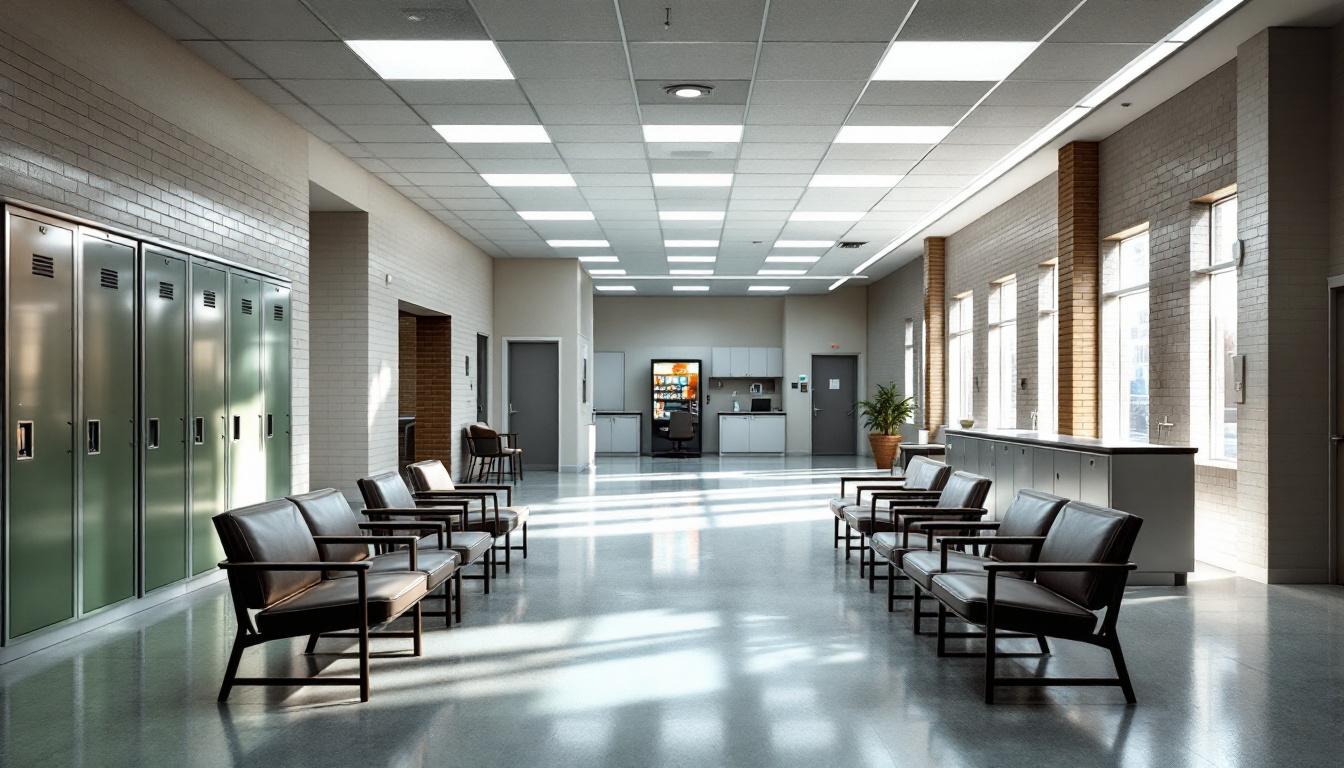
The sound of morning announcements now signals the start of each day for individuals housed at the Gwinnett County Sheriff’s facility, where structured routines regularly guide daily activities from wake-up through evening hours. Individuals typically begin their day with personal hygiene and cell preparation, followed by breakfast service in designated dining areas. Throughout the day, scheduled activities may include work assignments within the facility, educational programming, or recreational periods that offer structure and purposeful engagement.
Living accommodations generally consist of shared housing units where individuals maintain personal spaces within the facility’s security framework. Meals are typically served at designated times in common dining areas, with menu options that meet basic nutritional requirements. In addition to this, individuals may access commissary services to purchase approved personal items and supplemental food products, depending on available funds and facility policies.
Despite this structured environment, the facility often provides opportunities for family connections through scheduled visitation periods and telephone access during approved hours. Work assignments may include facility maintenance, kitchen duties, or other operational support roles that offer individuals productive ways to spend their time. Recreation and exercise opportunities typically include access to outdoor areas, television viewing, and sometimes library services, while programming schedules may offer educational classes or counseling sessions designed to support personal development during their stay.
Ready to Connect?
Start communicating with your loved one today
Search for an Inmate
